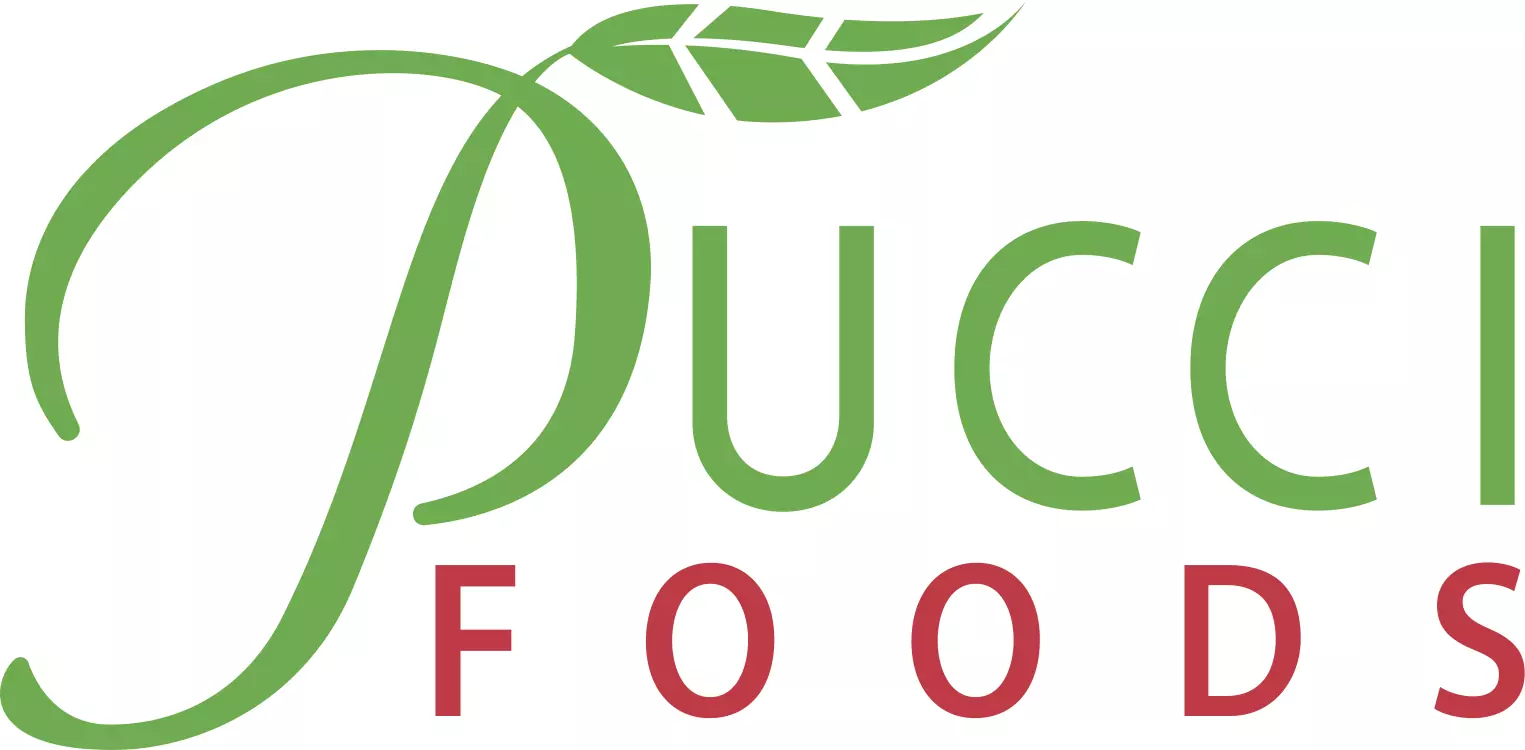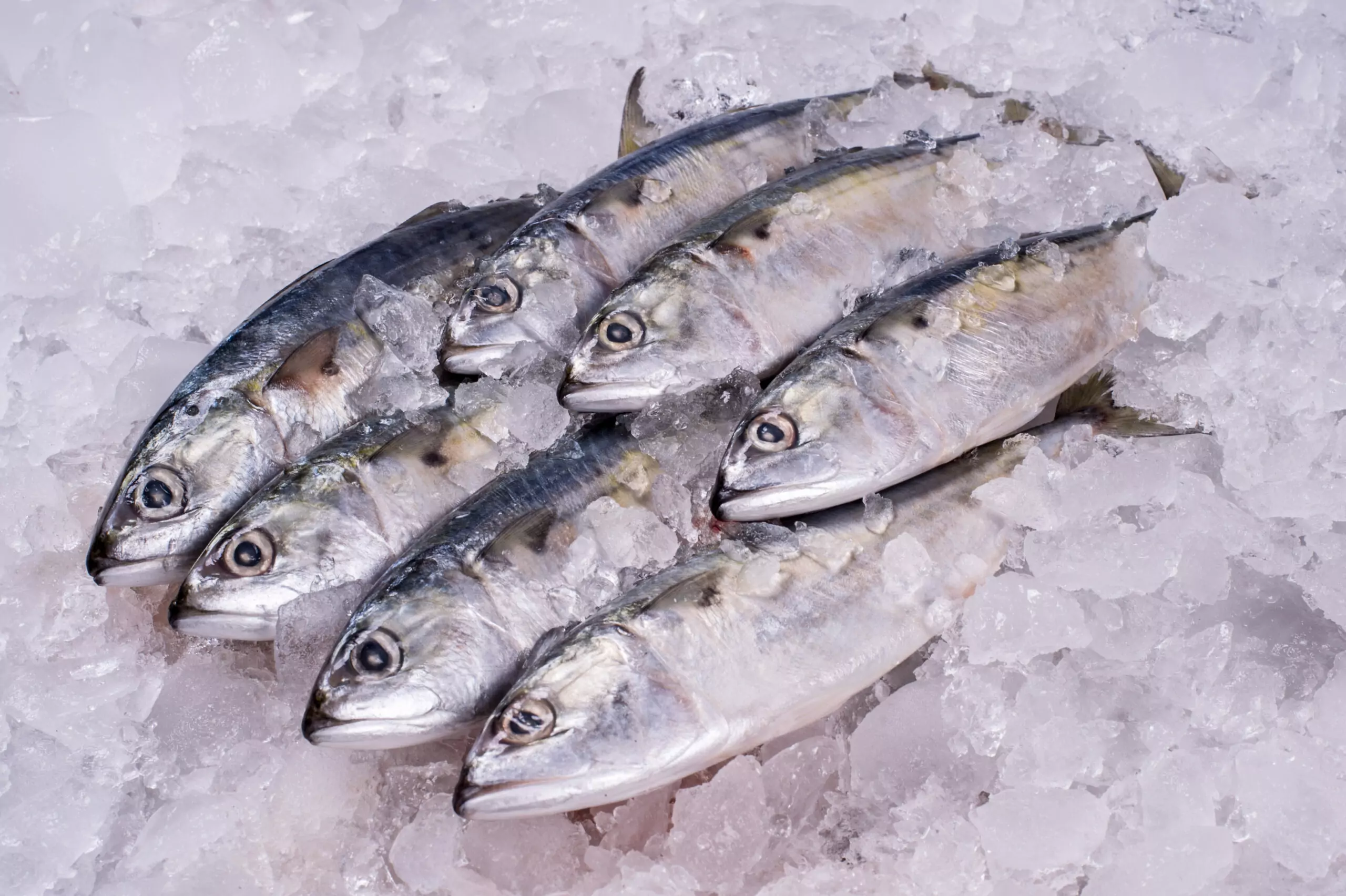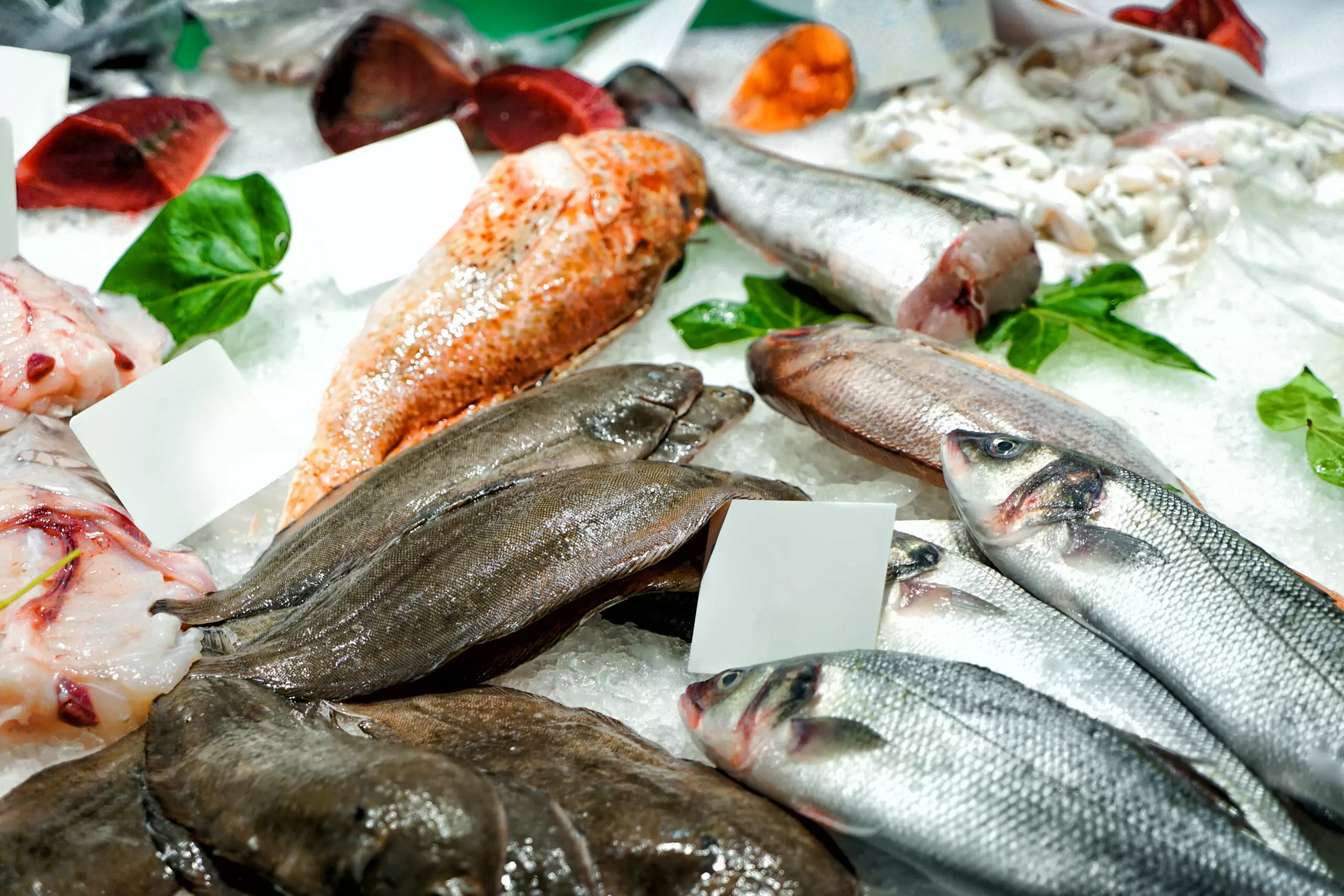Let’s take a moment and wonder at the beauty of the human body. It is a fantastic puzzle of organs and tissues, veins and arteries, nerves and glands that all fit together to construct a human being. A healthy body and vibrant mind allow us to reach our full potential in life – a path that begins before we are even born.
A mother’s body provides for her child during pregnancy. A healthy mother is more likely to give birth to a healthy baby, and it is essential for her to maintain a balanced, nutritious diet. Mothers are naturally wary of anything that may be tainted with contaminants, since whatever they eat – the good and the bad – is passed on to their babies. A standard recommendation for mothers-to-be is to avoid seafood in particular because of mercury content. A pregnant mother can pass methylmercury on to her unborn child, potentially causing very harmful effects. Yet we know that the omega-3 essential fatty acids found in fish are extremely beneficial for fetal development. Recently, we have been finding ways to avoid mercury content while still enjoying delicious seafood and good health for our babies.
Methylmercury
Mercury is everywhere. It’s a scary fact, but true. There are some natural sources of mercury, like volcanoes and forest fires, while others are the result of human activity. When it enters waterways like streams and rivers, it converts to methylmercury. This is the compound we are concerned about when we eat fish. Methylmercury is absorbed by fish through the food they eat and it accumulates over time. Larger, older fish contain higher concentrations of mercury than smaller and younger fish. Luckily for seafood lovers, there are many seafood options to choose from that are low in methylmercury!
Omega-3 benefits outweigh methylmercury risks
The omega-3 fatty acid DHA is extremely important for the development of the brain and eyes of a fetus. It is an essential component of brain cell membranes. However, babies cannot produce their own DHA; they must absorb it from their mothers. Experts do recognize that pregnant women should eat fish to receive the benefits of omega-3s for the child. They are advised, however, by the U.S. Food and Drug Administration to limit their consumption to two meals – 12 ounces – or less per week because of concerns over methylmercury content. But with emerging knowledge about the immense health benefits of omega-3s, many are now beginning to question this advice.
A research study found that pregnant women who consumed more than 12 ounces of seafood per week were more likely to have children with a higher aptitude for fine motor functions, communication abilities, and social behavior. This study followed the children of nearly 12000 women until they reached the age of 8. The researchers ultimately found that the lower the maternal seafood consumption, the higher the risk of suboptimal (less than ideal) development in their children later in life.
Another study out of the Archives of Pediatrics & Adolescent Medicine found that eating at least two servings of fish per week was linked to a 60% lower risk of children developing certain ADHD-like symptoms. ADHD is one of the most common childhood disorders than can continue throughout adolescence and even adulthood. It can lead to inattentiveness in school, difficulty focusing on any task, and the inability to process information in a timely fashion. Parents must often medicate their children to remediate the effects of ADHD.
We strive to do everything we can to protect and nurture our children. We want them to succeed in life and providing them with proper nutrition is the foundation upon which we build their future. Omega-3s have such wonderful benefits for the neurological development of our babies while they are still in the womb. A more sociable child will interact easier with other children and adults. Greater communication skills will ensure a lifetime of successful relationships with friends, family, and colleagues. More attuned motor skills lend to athleticism and greater health, even perhaps leading an individual down the path to becoming a surgeon or other professional requiring deft hands and a quick mind. Many mothers would agree that if we can protect our children from ADHD – by a significant 60% or more – that alone may be the most important benefit.

Image courtesy of Flickr User Weird Beard.
It would seem that the health benefits outweigh the risks. In fact, the results suggest that advice to eat 12 ounces or less of seafood may even be detrimental for mother and child. The more fish we eat the better – but then there is that pesky methylmercury problem. A diet high in mercury could counteract all of the good effects of omega-3s and harm the development of fetuses.
Choosing low-mercury fish
Luckily, there are a wealth of seafood options that are extremely low in mercury and safe for pregnant women to eat. Knowledge about mercury content in seafood is always expanding, and seafood guides and health advisories are becoming more commonplace. When you’re expecting, there is a fantastic amount of resources to check with when considering your healthy seafood options. Here is only a beginning list to look over:
-
NRDC’s Mercury Contamination in Fish: A Guide to Staying Healthy and Fighting Back
-
American Pregnancy Association: Mercury Levels in Fish
-
The California Office of Environmental Health Hazard Assessment
-
FDA Mercury Levels in Fish and Shellfish
-
Sierra Club’s visual guide includes information from both the FDA and EPA
- The Monterey Bay Aquarium’s Seafood Watch Program
With all the resources available to us, it is becoming much easier to make informed seafood choices, with regards to both mercury content and sustainability. And consumers are beginning to take notice – the blood mercury levels of young women of childbearing age are dropping as they take advantage of increasing resources and make smarter choices for healthy seafood.
Mothers don’t need to sacrifice the awesome benefits of omega-3 to prevent exposure to mercury. With the increasing wealth of knowledge right at their fingertips, they can make smart seafood choices for themselves and their babies. Help protect the environment while nurturing your child by choosing low-mercury, sustainable fish from seafood distributors that are certified by the Marine Stewardship Council, such as Pucci Foods.


